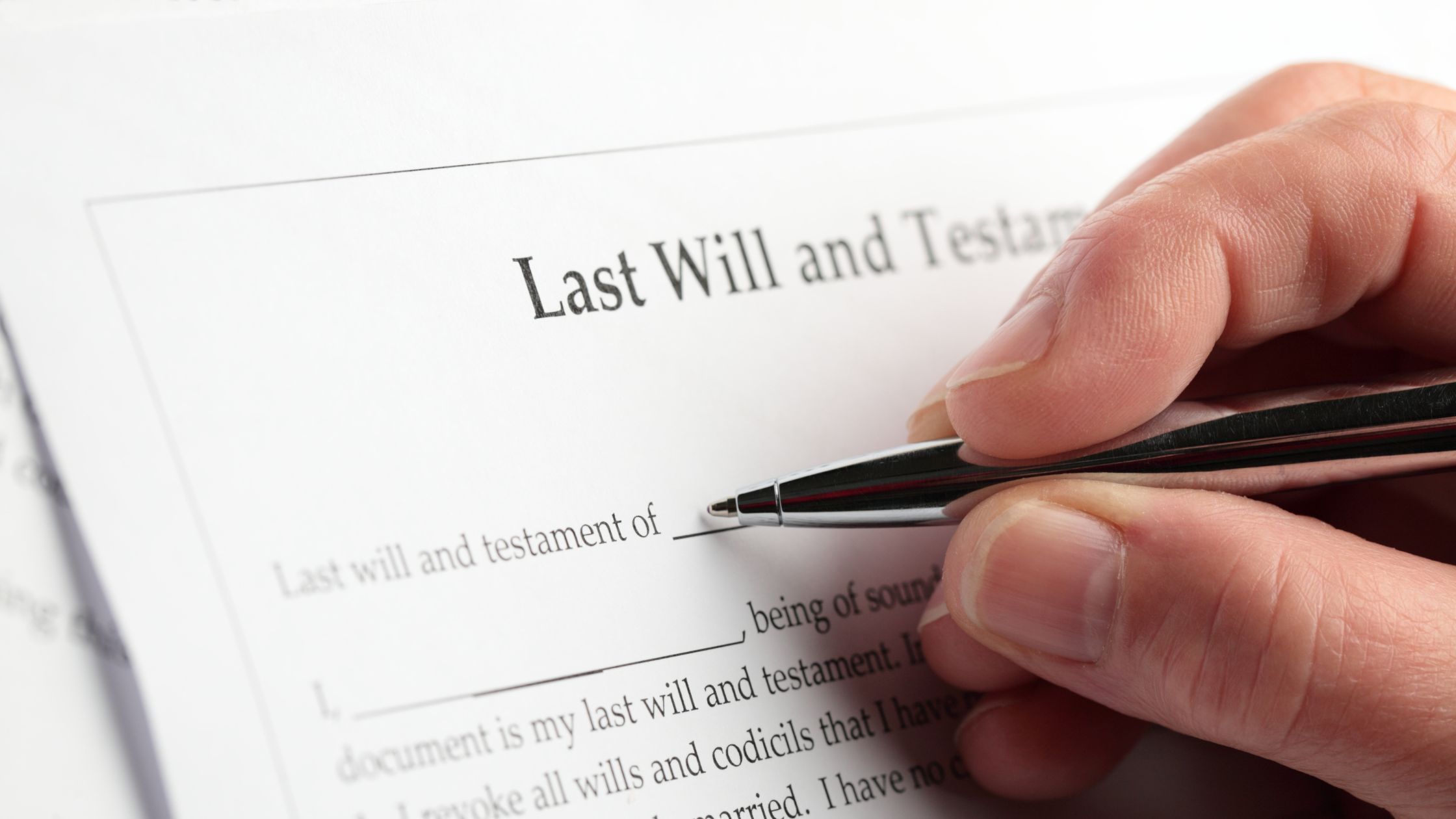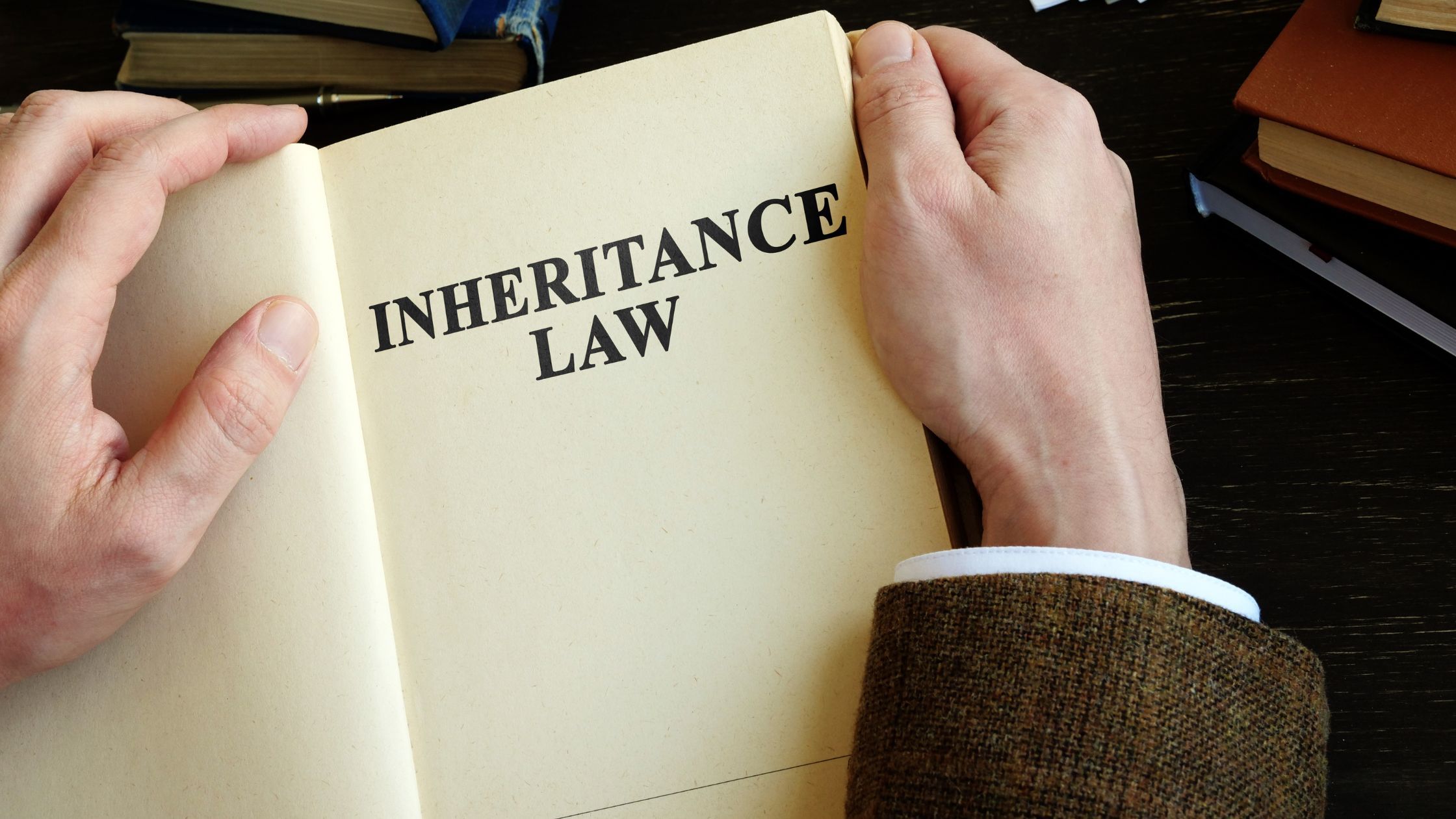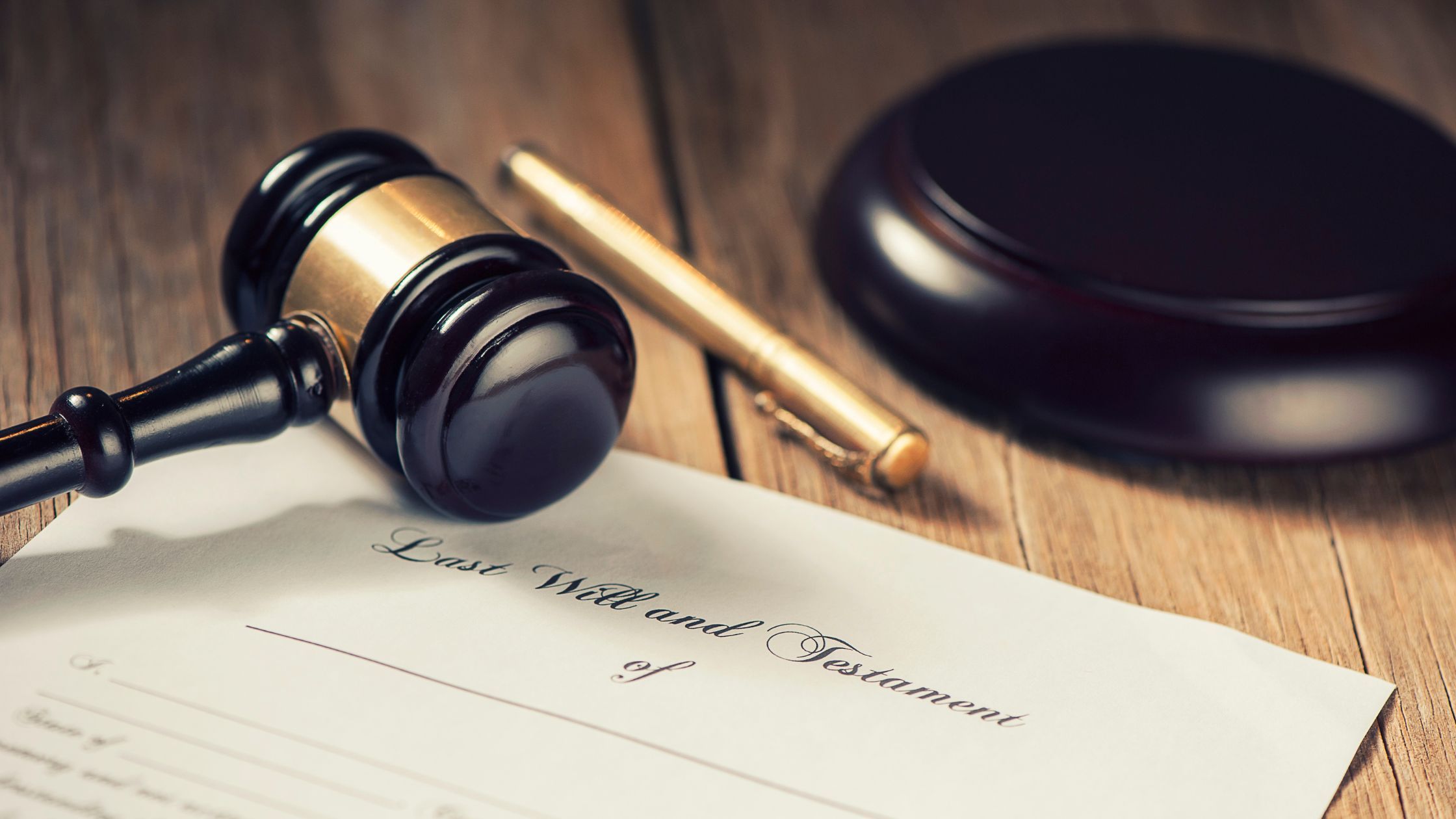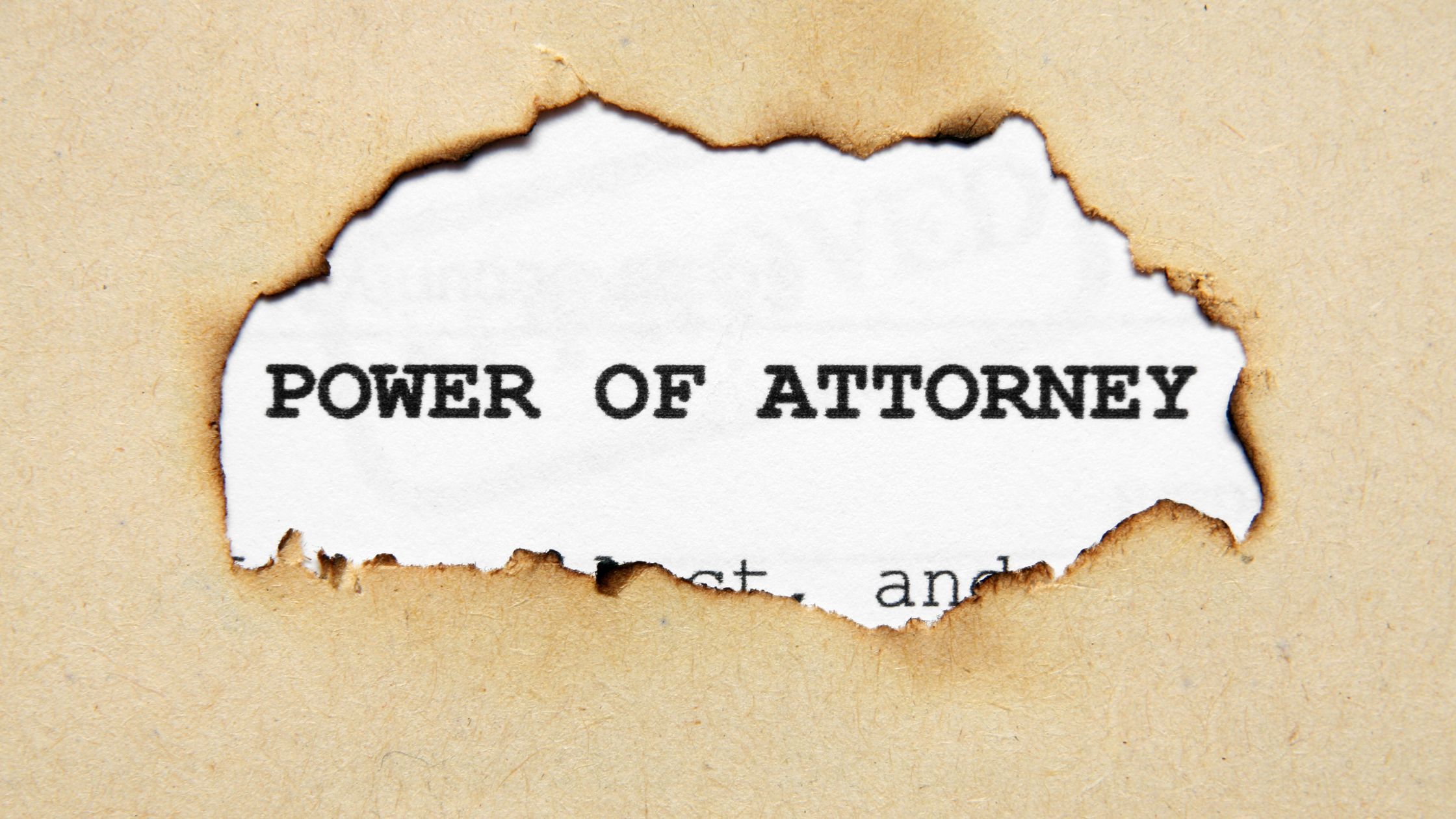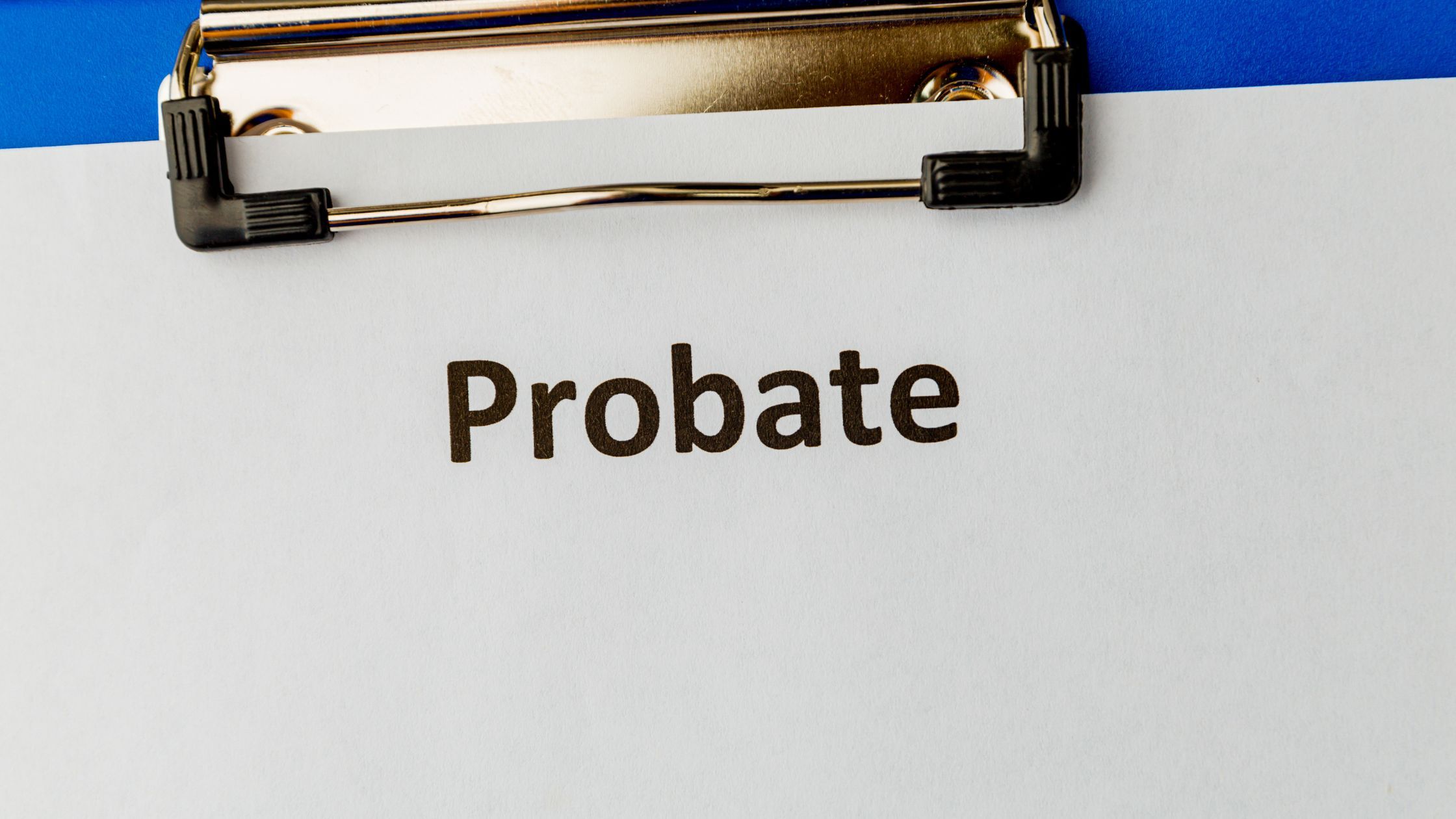A Lasting Power of Attorney is a legal document which allows you to appoint certain individuals to handle your affairs should you be unable to do so.
The majority of people always note the importance of having a Will however, most never really think about who they would want to deal with their affairs should they be unable to do so.
Lasting Powers of Attorney were introduced in 2007 and replaced the old format of Enduring Power of Attorney. Enduring Power of Attorney can still be used if it was drafted prior to October 2007 however, must still be registered if a donor is losing mental capacity or has already lost capacity.
There are two different Power of Attorney Forms:
- Health and Welfare.
- Property and Finance.
It is important that powers of attorneys are dealt with before a person loses the capacity to transfer to their person of choice the authority to deal with their affairs. A person can limit the power they transfer to decisions a person can make on their behalf.
Health and Welfare
The Health and Welfare Lasting Power of Attorney allows the appointed attorneys to make decisions about your personal welfare, including decisions as to whether you should be placed in to a Care Home etc. and also whether to be kept on life support machines.
This Form does not go in to place however, until the donor has lost mental capacity.
Health and Welfare Lasting Power of Attorney, allows you to choose 1 person or more to make decisions about things like:
- your daily routine (eg eating and what to wear)
- medical care
- moving into a care home
- life-sustaining treatment
This type of lasting power of attorney can only be used when you’re unable to make your own decisions.
Property and Finance
In comparison to the Health & Welfare, the Property and Finance form goes in to place upon registration at the Office of Public Guardian and the donor does not need to have lost mental capacity for it to be used.
This lets you choose 1 person or more to make decisions about money and property for you, eg:
- paying bills
- collecting benefits
- selling your home
This type of lasting power of attorney can be used as soon as it’s registered, with your permission.
Some donors are nervous to put this in place as they worry family members may have the wrong intentions, however as the donor you can place restrictions upon their capacity as an attorney.
There is the misconception that powers of attorneys only apply to the elderly. This is not the case; powers of attorneys are for anyone over the age of 18 years. It is imperative that the application for a power of attorney is dealt with before a person loses the capacity.
An attorney can be anyone you chose providing they are over the age of 18 years is not a bankrupt.
From 1st July 2014 the Lasting Powers of Attorney applications changed slightly. Now applications can be made and registered however, you then choose when they are to be effective. There is the option that once registered the forms automatically become effective or you can choose that they will only be effective once you lose capacity.
When choosing an attorney, you will need to think about who you know well, who would have your best interest at heart and who can be trusted. You could have more than one attorney and could also safeguard you power of attorney by having replacement attorneys. If you have more than one attorney you can say whether they are to act jointly or jointly and severally. You can also add restrictions when making a power of attorney to ensure that it reflects your wishes.
Safeguards
There are a number of safeguards in place to protect the donor and these include:
- Both forms must be registered with the Office of Public Guardian before it can be used by the attorneys;
- An individual third party must be notified of the application to register the forms in case they believe the attorneys do not have the donor's best intentions at heart and they can therefore object to the registration;
- Under the Mental Capacity Act 2005, the attorneys must act in the donor's best interests and consider their past and present wishes; and
- Attorneys must keep the donor's finances separate to their own and they cannot make gifts to themselves or others.
What to Consider when Drafting Lasting Power of Attorney
There are a number of matters which a donor should consider prior to instructing a legal professional to draft a Lasting Power of Attorney.
- Who do they wish to have as their attorneys?
- If there is more than one attorney, do they wish them to act jointly or both jointly and severally. This is an important factor to consider as if they wish for them to act jointly this can severely impact on decision making;
- Whether they wish for the attorneys to make decisions regarding life sustaining treatment or if medical professionals should have the final say;
- The fees. The Office of Public Guardian charge a registration fee of £110 per form registered. In addition to these, you should also consider the fees relating to the legal professional drafting the Forms.
Let me give you a scenario:
Janice and Bill are married and neither have made a Will.
Janice had full mental capacity however died. When Janice died, Bill did not have mental capacity. Bill lives in a residential care home and suffers from dementia. He is unable to make any decisions for himself.
What happens with Janice's Estate?
As Janice has not left a Will, she has therefore died intestate. By the rules of intestacy, if Janice and Bill had no children, then her entire estate would pass to Bill. However, if they have children, the first £250,000 of the estate plus half of the remaining estate will pass to Bill. The remaining half will pass to any children in equal shares.
Let's work on the assumption that Janice and Bill have two children, Tim and Claire.
As Bill does not have mental capacity, he needs someone to deal with his affairs. Bill would ordinarily be the person who's name the Grant of Probate was issued in. However, as he does not have mental capacity, the next in line would be his children.
However, someone needs to be appointed to manage the financial affairs of Bill. As a Lasting Power of Attorney is not in place, Tim and Claire need to make an application to the Court of Protection.







